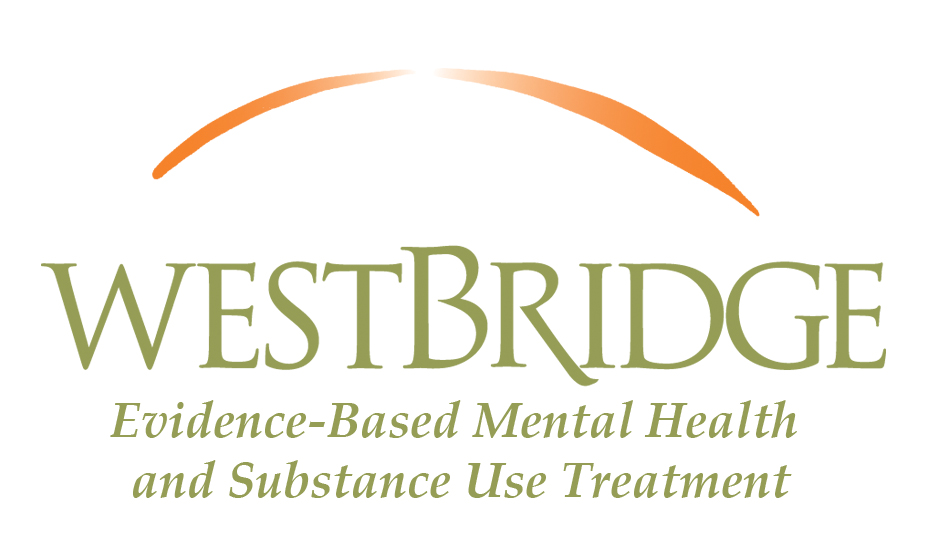Your loved one has completed an inpatient treatment program for mental health and substance use disorders. Now, that loved one is home, and the hard work of recovery begins. With the initial treatment completed, the next big challenge is maintaining and expanding that recovery over the course of a lifetime—hopefully with the help and support of an aftercare program.
That’s a significant undertaking that requires plenty of outside love, support, and encouragement. And that’s where you come in. How do you support your loved one’s recovery even after initial treatment?
- First, accept your loved one without judgement. Remember that many people in recovery struggle with the thought that they are being criticized and condemned by their own family member. Maintain a loving, supportive relationship, without criticizing.
- Help your loved one create a substance-free environment. If you share a home together, keep addictive substances out of it. If you’re planning a party or event, make it one where alcohol and drugs are not present.
- Actively listen. A big part of your job will be simply listening to your loved one’s struggles and concerns. You don’t have to have any answers, necessarily; just offer your affirmation and support.
- Encourage healthy habits—good nutrition, yoga, exercise, effective stress management… anything that will promote an all-around, holistic approach to wellness.
- Encourage your loved one to stay involved with a support group and to keep attending sessions with a therapist.
- Be patient, remembering that recovery is a lifelong struggle and that some days will be better than others.
- Continue to educate yourself about your loved one’s disorder. Knowledge truly is empowering.
Your loved one will need your love and support—so make sure you know how to offer these things, as effectively as possible.
